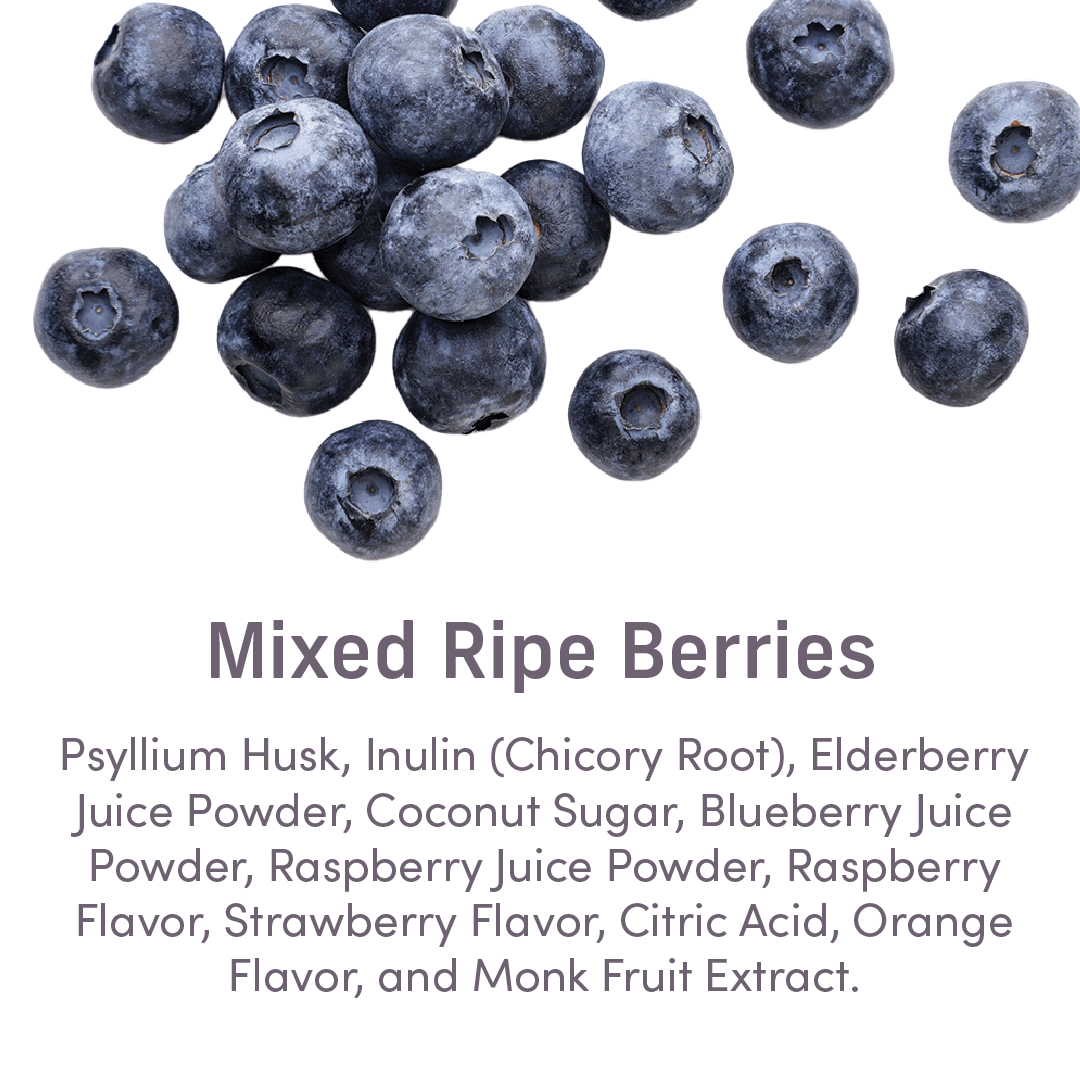Did you know that not all fiber sources are prebiotic? Prebiotics are the food the good bacteria in your gut eat. Prebiotics also help your good gut bacteria flourish. Read on fiber friends to learn more about what sources of fiber are prebiotic and which ones are not.
Wait. What’s a Prebiotic?

Team Coco / Via media.giphy.com
Prebiotics are special plant fibers that your body can’t actually digest but help healthy bacteria grow in your gut. Those healthy bacteria help your digestive system work better (aka give you more pleasant, smoother poops). You need a healthy digestive system to help rid your body of waste which contributes to several awesome health benefits like.
Prebiotics can:
- Help you absorb calcium better
- Change the rate at which foods cause spikes in blood sugar
- Ferment foods faster, so they spend less time in your digestive system (aka help you not get constipated, which is the worst!)
- Keep the cells that line your gut healthy and happy (we lovely happy cells)
What is Considered a Prebiotic?
What is special about prebiotic dietary fibers is that they can make it to the colon. This is important because other food items get broken up by gastric acids, and enzymes and/or are absorbed into the upper area of the digestive tract.
After prebiotics survive this long gauntlet to the colon, they accomplish their helpful job. A research paper on "Health Effects and Sources of Prebiotic Dietary Fiber" described it well "[Prebiotics] are fermented by the intestinal microbiota and selectively stimulate the growth and/or activity of intestinal bacteria potentially associated with health and well-being." Prebiotics are food for the healthy bacteria in your health.To recap to be considered a prebiotic:
1) The fibers source needs to make it to the gut without issue;
2) Once there, the healthy bacteria in the gut want to eat it (in science talk ferment it); and
3) Finally, by eating this fiber source the good gut bacteria are able to grow and flourish in the gut.
Foods With Prebiotics
Prebiotics occur naturally in many foods, such as vegetables, fruits, and whole grains like the ones below.
Dandelion Greens
What makes them prebiotic: contain inulin, a prebiotic and group of naturally occurring polysaccharides found in plants.
Garlic
What makes it a prebiotic: source of inulin and fructooligosaccharides (FOS), a type of carb, containing short fructose chains.
Bananas
What makes it prebiotic: contains inulin.
Apples
What makes it prebiotic: contains pectin, which increases the healthy bacteria in your gut and decreases harmful bacteria. If you want to be more technical, pectin increases butyrate, which is a short-chain fatty acid that feeds beneficial gut bacteria.
Asparagus
What makes them prebiotic: contain inulin.
Flax Seeds
What makes them prebiotic: the lignans in flaxseeds promote healthy gut bacteria.
Bonny To The Rescue

The New Girl / Via media.giphy.com
To optimize our gut health, the USDA recommends that we consume 25 grams of dietary for women and 38 grams for men but sadly 95% of Americans do not meet those numbers on a daily basis. This is where Bonny comes to the rescue.
Bonny is a plant-based, all-natural fiber supplement that tastes amazing and makes you go poop. We contain a custom blend fiber powder made up of ingredients like psyllium husk and prebiotic inulin.
You can choose among amazing flavors like Apple Pie, Mixed Ripe Berries, and Super Strawberry. Adding Bonny to a fiber-rich diet increases the chances of having a healthy gut microbiome.
As always, we wish you a healthy gut and pleasant poops!
Sources: Healthline "Fructooligosaccharides" and "19 Best Prebiotic Foods", WebMD "Foods High in Prebiotics" and National Library of Medicine Health Effects and Sources of Prebiotic Dietary Fiber




